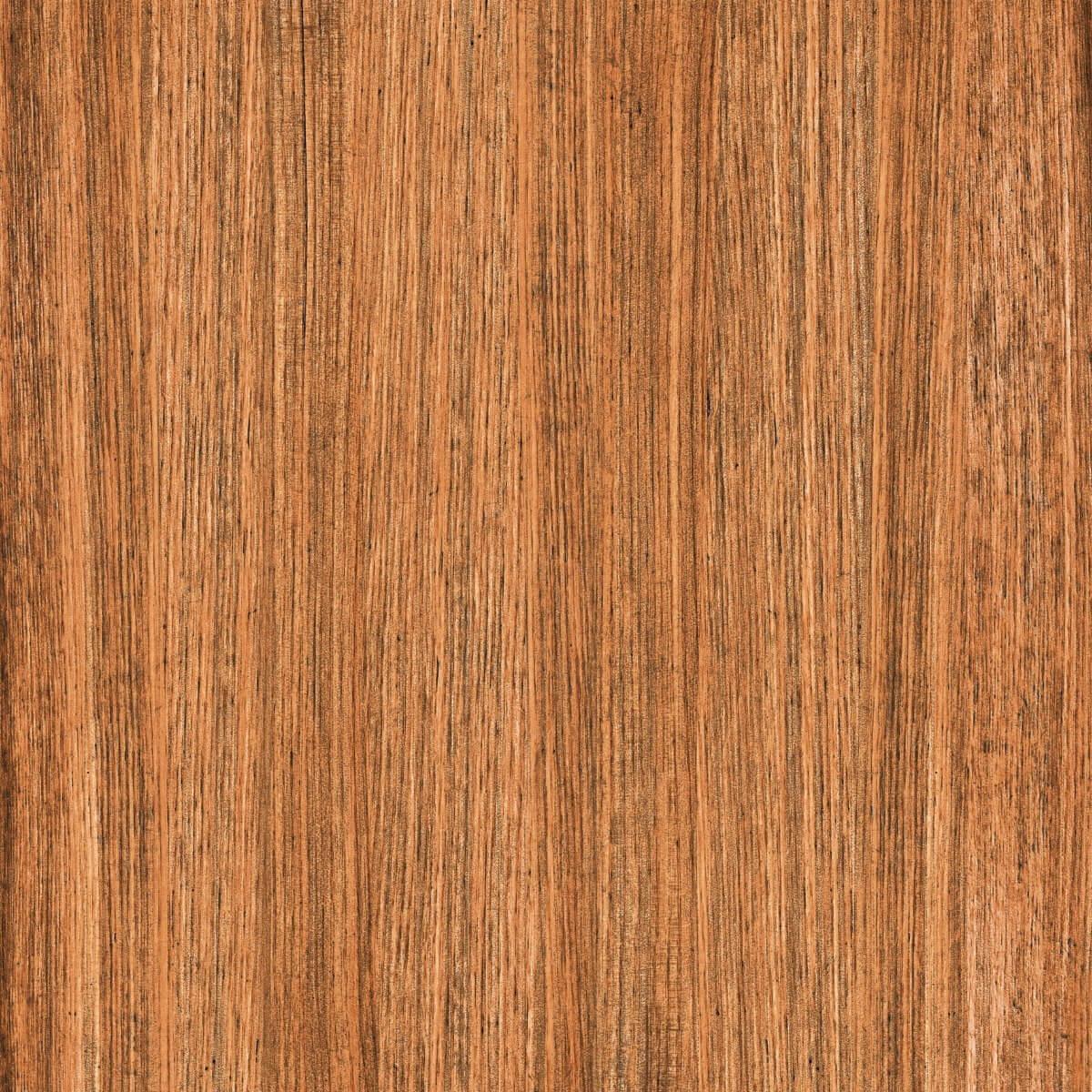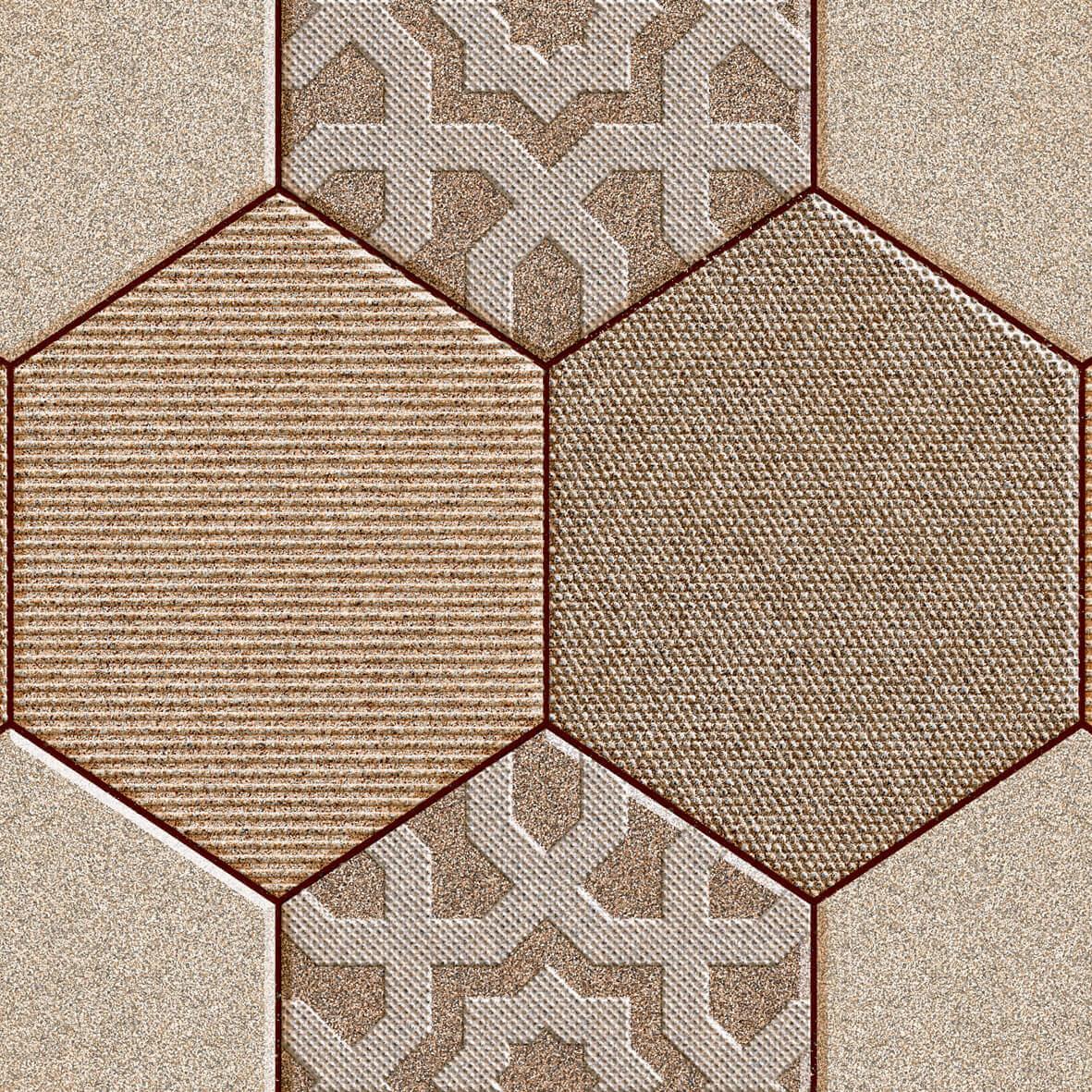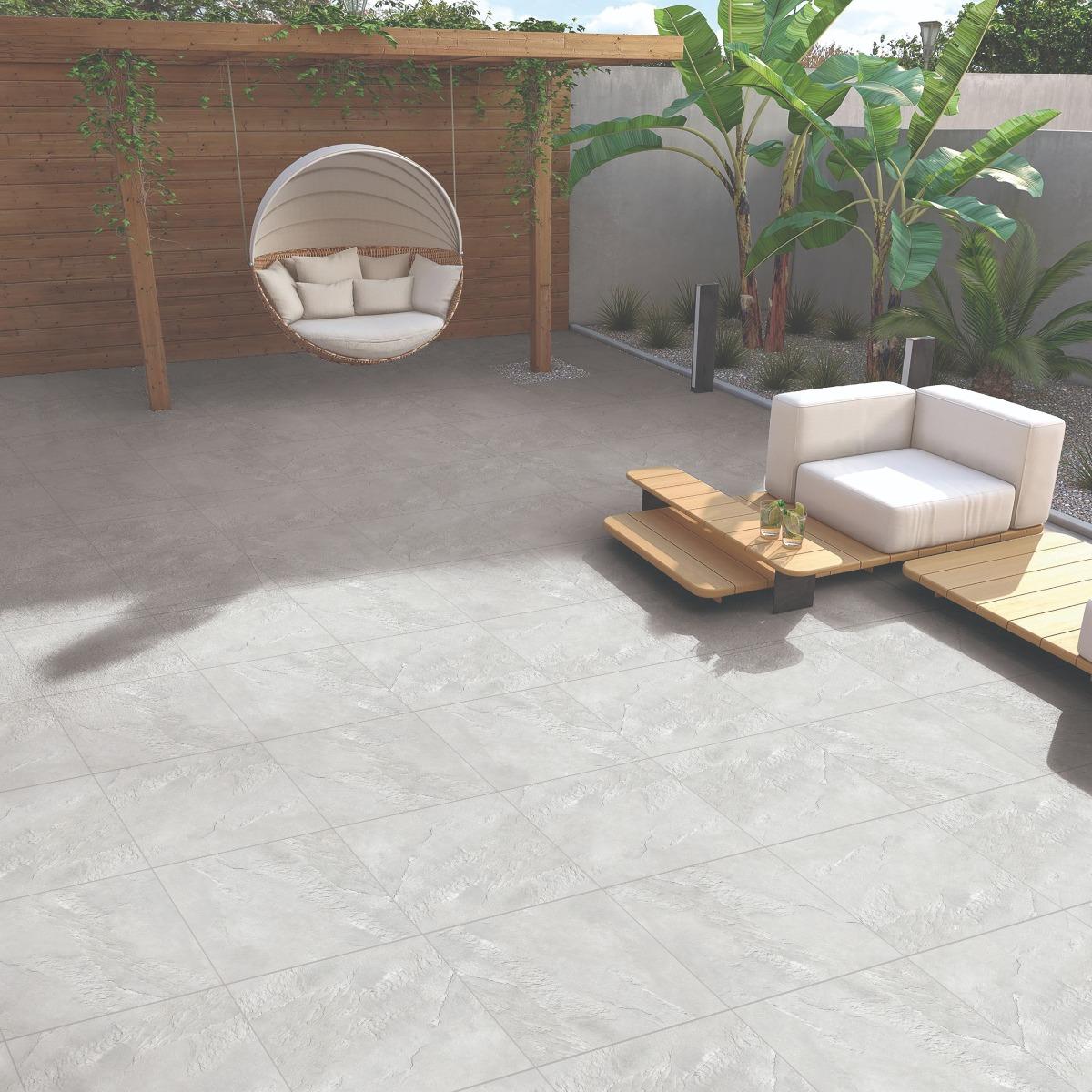![]()
Looking from a visual arts perspective, they are appealing because they are comprised of just the basic primary colors, combined to give a soothing effect. The technique is called Color Blocking in artistic terms and not associated with the actual representation of each color in Buddhist culture.
Color blocking is an experimental design technique, done by combining colors that are opposite on the color wheel. For example, red, green, and blue combine to make one form or design. Originated from the works of a Popular Dutch Painter and Piet Mondrain of the late 80’s and early 90’s, this technique is still very popular among artists and designers of various streams.
![]()
The evolution of artistic mind made color blocking a little more discreet. Apart from basic primary colors artists and designers also began to combine other secondary, tertiary, and English colors to create attractive designs. Due to its versatility and evergreen trend, it’s also quite a popular trend Interior Design and Architecture. The best example of Color Blocking in architecture is of course, Tibetan monasteries, and as for interior design, it’s open to experiments. Many interior designers going for color blocking as a way to create stunning interior spaces. But, color blocking done at an extensive scale can be visually confining and uncomfortable. So, it’s better just to create emphasis using this technique in an otherwise neutral theme. One way to Color block is by creating accent walls. Orientbell has a range of gorgeous wall tile shades that are perfect for creating such attractive interior spaces. Done with cool color tiles, Orientbells range of wall tiles has minimal Grout range for perfect and smooth interiors. Not just appearance, Orientbells guarantees quality and performance for each of its products. You can combine different shades to create your own accent wall that is trendy and long-lasting.
Here are some ways you can experiment and create your own color block wall.
- One simple way is to just tiling your wall in two different and bold shades to create an attractive wall
- Create patterns with a different shade of tiles and form a balanced look
- If you have level difference in wall, paint one wall one shade and the other wall in its contrasting shade. Take two contrasting shades of tile and put them over each other as you would to form parallel lines
- Take a wall and tile it in on solid shade, and use some interior elements such as lamps, sofa, or a chair in contrasting shade to color block
If done right, color blocking has the capability to transform your ordinary interior spaces into something out of a design magazine in heartbeat. It’s quite an easy and effective way to create stunning designs with a reasonable investment.



























